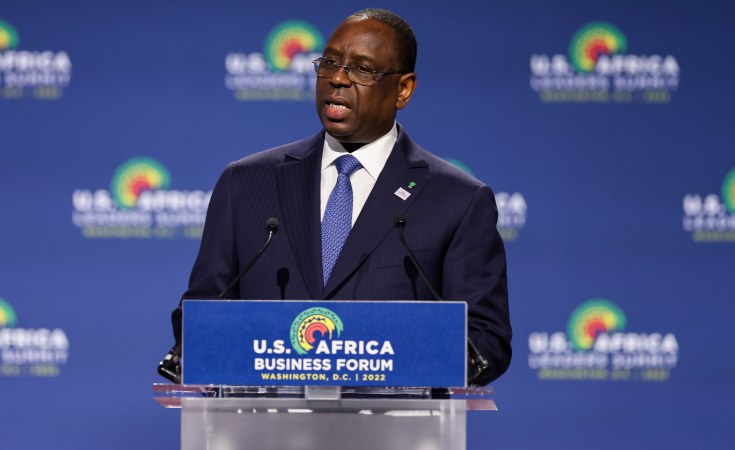- Popular opposition politician, Ousmane Sonko, arrested, his political party dissolved
- Several journalists imprisoned
- Excessive and lethal force used to repress protests
The CIVICUS Monitor has added Senegal to its Watchlist of countries experiencing rapid declines in civic freedoms following the imprisonment of critics, journalists and use of deadly force against protesters.
In recent months, basic rights to assembly and expression have come under serious threat in Senegal as authorities target dissenting voices ahead of presidential elections scheduled for February 2024. CIVICUS urges the West African nation’s government to reverse this downward trend by allowing peaceful protests, freedom of expression and democratic participation.
“Senegal has long been an example of relative stability and democracy in a volatile region,” said Ine Van Severen, researcher for the CIVICUS Monitor. “The current administration’s persistent and heavy-handed crackdown on opposition protests and dissenting voices puts that hard-earned reputation under threat.”
The CIVICUS Monitor Watchlist, released to coincide with the 54th Session of the UN Human Rights Council (11 September - 13 October), highlights five countries at risk of a sharp downturn in civic rights and freedoms. The determination is based on data compiled by the CIVICUS Monitor, which tracks the state of civic freedoms in 197 countries and territories using input from research partners based around the globe. In addition to Senegal, the latest Watchlist includes Bangladesh, Bosnia & Herzegovina, Ecuador and the United Arab Emirates.
The CIVICUS Monitor currently rates Senegal’s civic space as “obstructed,” but the country’s campaign season has seen a sharp deterioration of rights.
Several people have been killed in clashes and protests against the prosecution of opposition leader Ousmane Sonko in June and July 2023, including through the use of excessive and even lethal force by security forces. Journalists reporting and commenting on the judicial processes against Sonko have been subjected to arbitrary detentions and prolonged pretrial detention, on charges such as spreading false news’ and national security charges.
Authorities have also dissolved Sonko’s political party, restricted access to internet and social media during protests and suspended media outlets.
“Senegal’s authorities have obstructed democratic space as the presidential elections near,” said Ine Van Severen, researcher for the CIVICUS Monitor. “They should change course before they make a tense situation even worse.”
The government’s repressive behavior is particularly worrisome given the recent spate of coups in West and Central Africa. Many of the new juntas have cited authoritarian behaviour by democratically elected politicians as justification for seizing power through unconstitutional means.
“All political actors, especially those in power, should recommit themselves to respecting civic space and freedoms, including the right to protest and press freedom ahead of the presidential elections in February 2024,” said Nancy Kankam Kusi of WACSI (West Africa Civil Society Institute). “Otherwise, the country’s very democracy could be under threat.”


